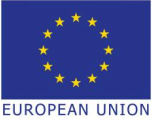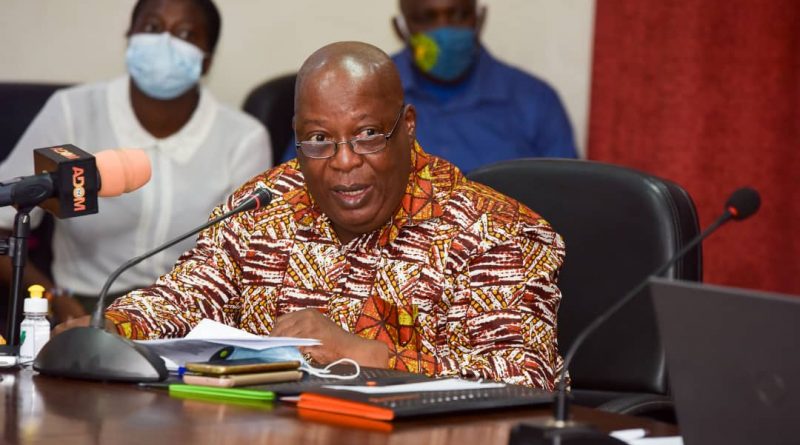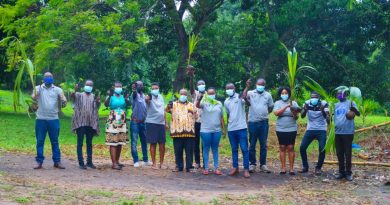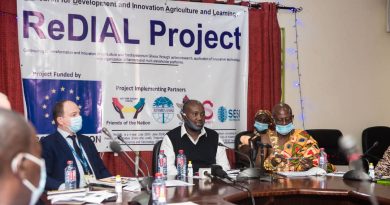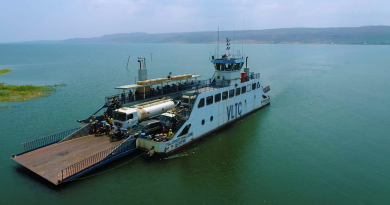FoN expresses excitement for the EU funded ReDIAL project.
The Executive Director of Friends of the Nation (FoN), Mr. Donkris Mevuta has expressed excitement for the EU funded ReDIAL project. According to him, the ReDIAL project will specifically foster innovation in improving soil fertility in Ghana by generating scientific knowledge and data while applying innovative technology to improve threshing of grains and cereals. He noted that the project’s objective is to contribute to transformation and innovation in agriculture and food systems in Ghana through action research, application of innovative technologies and organisation of farmers and multi-stakeholder platforms.
The Research for Development and Innovation Agriculture and Learning (ReDIAL) Project is a 4year project (July 2020- June 2024) funded by the European Union (EU) and being implemented in Ghana by a consortium of three partners consisting of two NGOs: Friends of the Nation (FoN) the lead, Tropenbos Ghana (TBG) and one Research Institution; the Faculty of Renewable Natural Resources of Kwame Nkrumah University of Science and Technology (FRNR KNUST).
Mr. Mevuta indicated that the project is designed to be anchored to Ghana Government’s Planting for Food and Jobs Programme (PFJ). He further indicated that the project is aligned to the Ghana National Medium Term Development Policy Framework (NMTDPF) 2018-2021 and that it will complement the program through research that will provide information and ICT data to inform policy decision for the delivery of effective planning for agricultural sector. He emphasised the gender perspective of the project by indicating that the project will support women and marginalised farmers and provide them access to the innovative technologies that will help them to increase their farm productivity.
He encouraged all stakeholders to support the implementation of the ReDIAL Project so that collectively the project objectives could be achieved to ensure that many small-scale famers are able to produce in environmentally friendly and sustainable quantities to improve their living standards and ensure food security.
